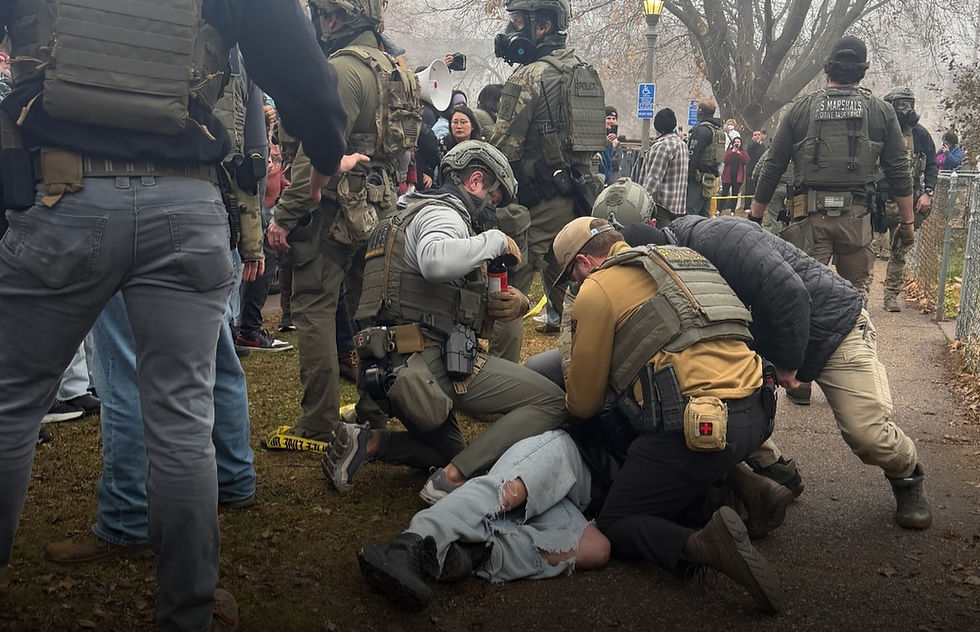Growing the future by protecting the forest
- Jasmine McBride

- Jul 13, 2022
- 2 min read
Updated: Apr 17, 2024
Growing up, Kesley Ebbs says he struggled with what he calls “Nature Deficit Disorder:”
“I grew up in Jacksonville, North Carolina - a military town - so people were always coming and going,” recalled Kesley. “There weren’t a lot of small businesses and not much green space. Living in such an urban environment it was really hard to explore my interests because there weren't a lot of big nature-themed adventures or activities.”
Kesley says after a camping trip with his college, he knew he desired a life immersed in nature, which led him to join the Conservation Corps.
“It was one of the best decisions I've ever made,” he said. “With the Conservation Corps I got a variety of different projects and I got to work with the DNR and Forest Service. Just to see a lot of different environments from boreal forests, to the prairies – I really loved it. I was based out of Bemidji for two years, and then Brainerd for one.”
It was while in the Conservation Corps that Kesley discovered how to turn his love of nature into a business.
“During the summer, I ended up working as a wildland firefighter,” he explained. “And one of the things I didn't like about that is we can manage federal lands but we couldn't help the private properties. So I just bought a chainsaw and my own equipment, and I was going out to help people in my free time, and then I had a friend who said ‘I would like to work with you,’ and I was like, ‘okay, I need to make this official.’”
Together they started Growing Futures LLC. Based in Ely, they help private landowners to remove invasive species, maintain trails, and eliminate deadwood that would be fuel for forest fires.
“It's kind of surreal to think about the start and where I am now,” said Kesley, chuckling. “Before, I didn't even have a car - I had like a bike and a bicycle trailer that I would put my chainsaw in.”
Kesley says his job allows him to advocate on behalf of nature.
“I just love to talk about it. And people always have questions like, ‘what is this tree? What does it do? What is the future of our land?’ And that does create a chain reaction that is powerful and political, in a way. It creates this shared consciousness: ‘Oh, this natural space that I walked by every day, actually has value!’ And if a group or community values a space, then local governments and state governments, and federal governments have to value that space as well. So you would see less bureaucratic destruction of nature.”



Comments